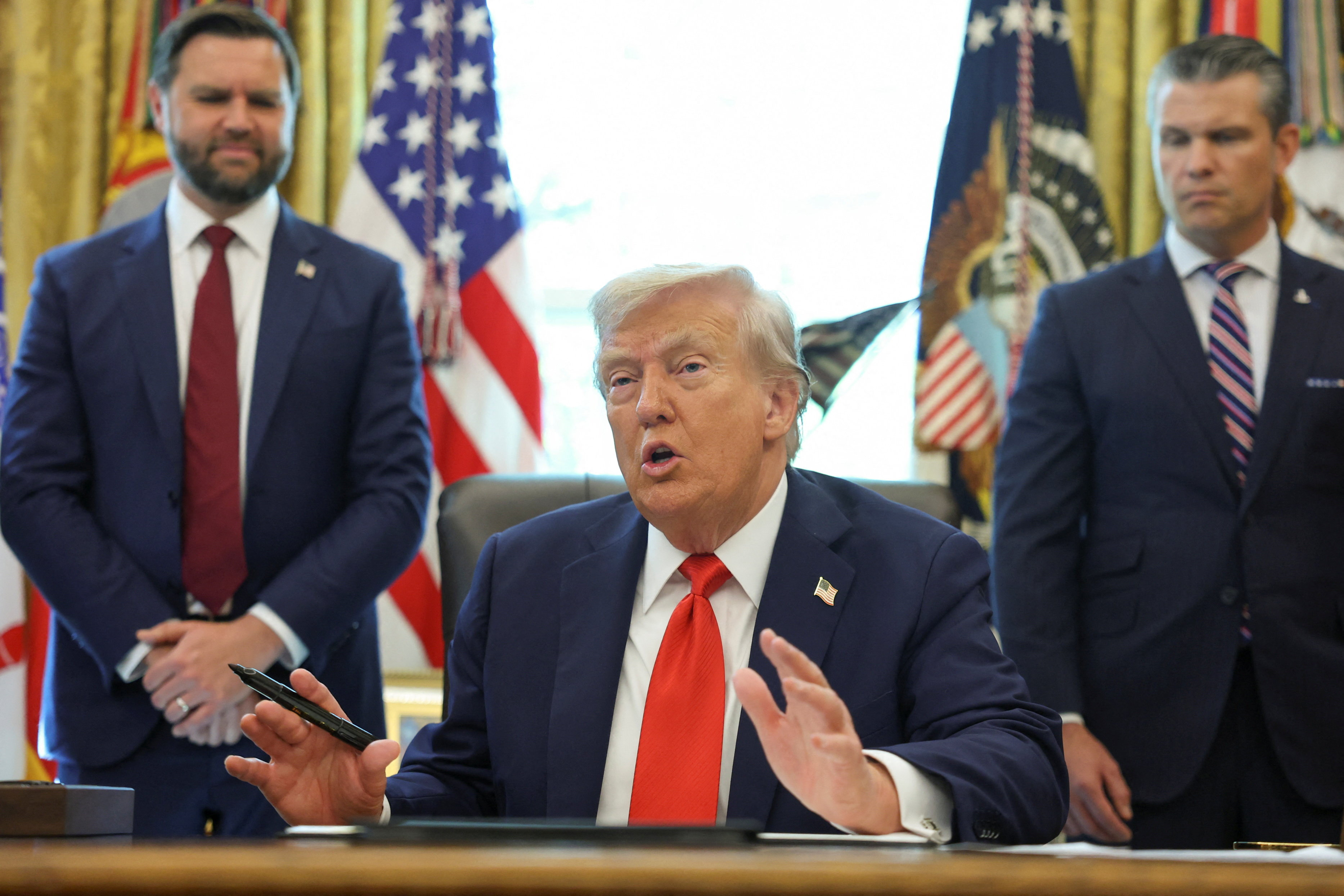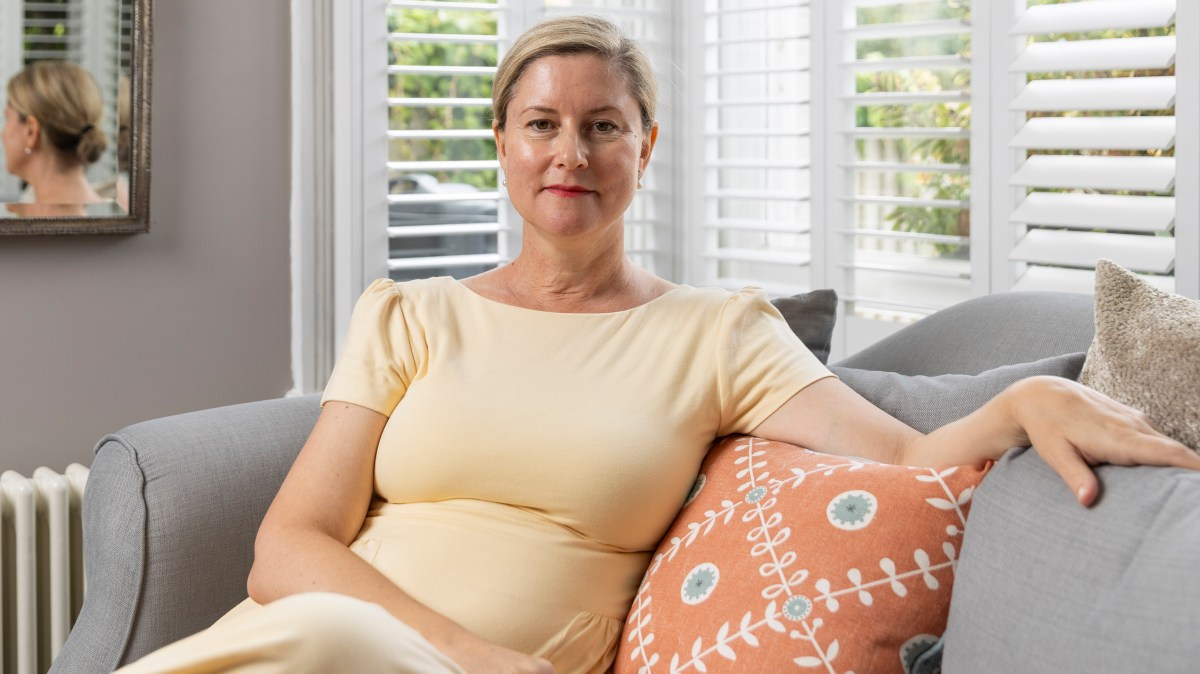Pharmaceutical companies’ demands for higher spending on drugs would strip funding from NHS hospitals for staff and operations, the head of Britain’s medicines watchdog has warned.
Dr Sam Roberts, chief executive of the National Institute for Health and Care Excellence (Nice), which decides what drugs are made available on the NHS, spoke out amid an increasingly bitter row between ministers and global drug firms over pricing.
“Assuming that the budget for the NHS doesn’t increase, any increase in medicines prices would mean savings would have to be found elsewhere. So that would mean other things would need to be cut back such as on A&Es, fewer nurses, fewer hip replacements,” she said.
Negotiations between Wes Streeting and the industry broke down earlier this month and the health secretary walked away from talks about the rate that companies pay in a “clawback” tax.
Under the current deal, drug companies pay a percentage of their income from NHS sales back to the taxpayer, the aim being to prevent the health service’s costs from spiralling. Ministers have undertaken a review of the levy in recent months after it rose unexpectedly to 23 per cent this year — far more than the 15 per cent predicted. The levy has been labelled “uncompetitive and punitive” by the Association of the British Pharmaceutical Industry (ABPI).
Streeting has said he won’t let drug companies “rip off” the taxpayer and the government would not be a “pushover”.
Firms have threatened to withhold drugs if ministers do not commit to spending more. The health service in England spends about 9 per cent of its budget on drugs — equivalent to about £19 billion a year — lower than many European countries including France and Germany.
The industry wants Nice to approve more expensive drugs, the NHS to spend more of its overall budget on medicines and the clawback rate to be lowered to make investing in the UK more profitable. The government had offered to increase spending — but not until 2029; the benefits would take a decade to be realised by the drug companies.
• British cancer patients will suffer ‘unless NHS pays more for drugs’
Roberts, 51, who will step down from Nice after four years in December, said the decision to spend more was one for the government. But, speaking for the first time since the row began, she added: “We have a finite tax-funded system, so we need to make sure that every pound spent is spent as wisely as possible. Of the things that come to Nice, we’re saying yes to 91 per cent.”
Patrick Horber, the international president of Novartis, one of the the largest drug companies in Europe, warned the UK was “at a point of no return” and would lose out on drugs, jobs and new research if it didn’t spend more.
“We have to get the value for what we bring to society,” he said. “We have to invest where we see a recognition of the work we do. We will have to make clear calls on where we launch [drugs] first. It may mean that patients will get later access to innovation, or maybe they don’t get access.”
In 2023, Nice rejected a new Novartis prostate cancer drug, Pluvicto, on cost grounds. The treatment was shown to double to 12 months the average patient’s survival without their cancer progressing.
“Why should we invest in the United Kingdom into any manufacturing site for [this class of drugs]. There is no reason,” Horber said.
Last week, the American drug giant Gilead Sciences said it would not submit a new breast cancer drug for Nice approval because it couldn’t make enough profit in the UK.
Roberts said it was “absolutely heartbreaking” to refuse drugs that extended patients’ lives or cured them entirely, adding: “I’ll actually get teary eyed just thinking about some of the awful decisions we have to make.
“But there’s no alternative. You’re making a decision that will affect that patient and that family for ever. But if you didn’t make those hard decisions, you would also be affecting all those people you can’t see.”
Nice has faced criticism for the price thresholds it uses to assess whether a specific drug is value for money for the taxpayer. It judges this by calculating how much more it costs to achieve one extra quality year of life compared with existing treatments. If a drug exceeds a cost of between £20,000 to £30,000, it is judged too expensive.
But Horber said it was now time for a change of approach from the government: “If I look into how all of a sudden countries are able to invest into defence; if you want to invest into something which you believe is important for your society, then you find the budget.
“The UK is currently investing around 9 per cent of their entire NHS budget in medicines. That’s half of what Germany is investing. Why? It’s a question of priority.”
Roberts said over the past five years, on average, only about six drugs a year were launched in Europe but not in the UK. President Trump has threatened to impose tariffs on drug companies and force them to lower their prices, which are much higher in the US than in the UK and Europe.

The US spends vastly more on drugs than the rest of the world. The UK drug firm AstraZeneca said it expects 50 per cent of its revenue to come from the US by 2030 — equal to $40 billion.
“The US market exerts significant pressure due to its profitability,” Roberts said. “There is a risk that the changes in US pharmaceutical pricing could affect the willingness of companies to launch in all European markets, including the UK. Now, that’s not something we’ve seen yet.”
Asked if the UK had gone too far in holding down drug prices, she said: “We do spend less in total on medicines and our rebate percentage is higher. I would caution comparing things exactly to other markets because it’s not exactly like for like, but I can understand the frustration that that causes.”
Nice’s workload has dramatically increased from about 40 drugs a year in 2018 to more than 100 annually. But it has faced criticism for being too slow and bureaucratic.
Roberts, who lives in Richmond, west London, with her husband and three children, acknowledged that every day a drug is not approved by Nice “is a day that a patient waits” for treatment. “So we take very seriously the time it takes us to make decisions,” she said, pointing to a 25 per cent cut in the time taken to reach a decision.

